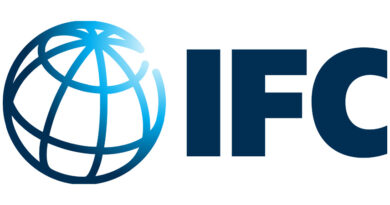Zambia and Zimbabwe Strengthen Ties to Boost Product Safety and Trade Compliance
The Zambia Compulsory Standards Agency (ZCSA) and Zimbabwe’s Department of Quality Assurance and Trade Measures have jointly called for stronger institutional collaboration to improve product safety and facilitate smoother trade between the two neighbouring countries.
Speaking during a benchmarking visit held at the ZCSA Head Office in Lusaka on Tuesday, ZCSA Executive Director Gerald Chizinga emphasized the importance of coordinated efforts in enforcing mandatory standards to enhance access to markets and promote consumer protection.
“Zambia and Zimbabwe are sister countries. Our institutions must work hand-in-hand to help producers and traders improve compliance with compulsory standards,” Mr. Chizinga said. “Such collaboration is vital for intra-African trade and ensures that products meet safety requirements for the benefit of all citizens.”
The Zimbabwean delegation, led by Riyana Chibanda from the Ministry of Industry and Commerce, toured the ZCSA facilities to better understand how compulsory standards are implemented under Zambia’s Compulsory Standards Act No. 3 of 2017.
Ms. Chibanda highlighted that Zimbabwe is facing an influx of substandard products, which poses a threat to consumer safety and undermines the competitiveness of locally manufactured goods.
She expressed hope that insights gained from Zambia’s systems would help Zimbabwe strengthen its own enforcement mechanisms.
“The enforcement of mandatory standards is key to protecting citizens from unsafe products—whether imported or locally made,” Ms. Chibanda stated.
The benchmarking visit offered a platform for the two agencies to exchange knowledge, share best practices, and lay the groundwork for future cooperation aimed at promoting product quality and safeguarding consumers across borders.
ZCSA operates under Zambia’s Ministry of Commerce, Trade and Industry and is responsible for enforcing compulsory standards to ensure public health, safety, consumer rights, and environmental protection.



